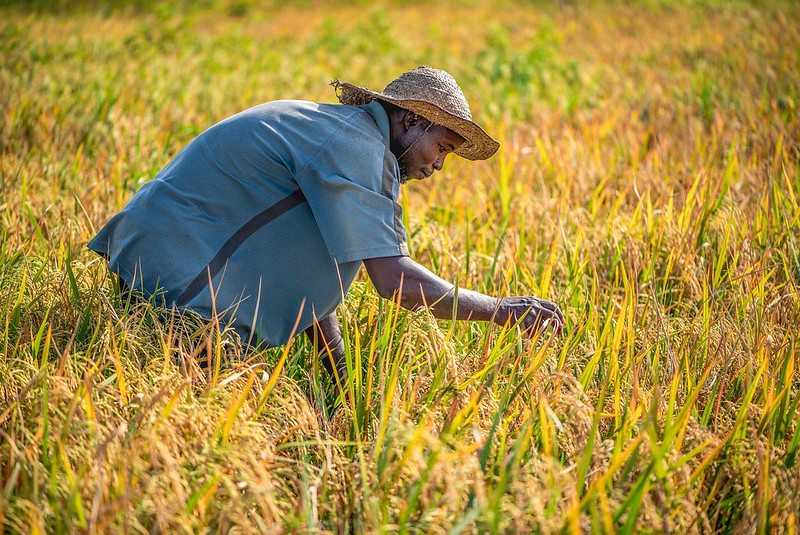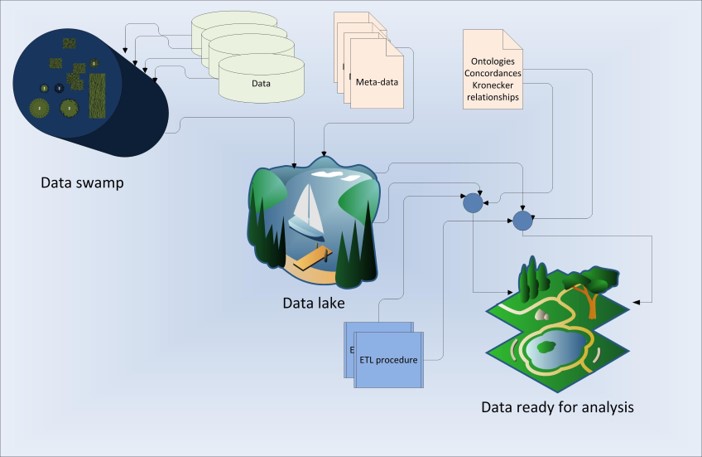
The future role of agriculture in the Arab region’s food security
The 2007–2008 food crisis and subsequent economic recession have severely undermined food security and agricultural sustainability worldwide. Failures in market functioning and trade openness have posed particularly high risks to the import-dependent countries in the Arab region. Many of the global causes of the price spikes are still in place, creating uncertainty about food availability and access in the future. Especially in the Arab region, these uncertainties are compounded by water scarcity. A long-term outlook is essential for formulating appropriate policy and investment strategies in order to ensure future food security for the region. After a brief discussion of trends in agricultural growth and investment, this paper presents projections by the International Model for Policy Analysis of Agricultural Commodities and Trade (IMPACT) on agriculture production, trade, demand, prices, and food security up to 2025 and 2050. Simulations are used to compare a baseline scenario (with climate change) with two scenarios incorporating increased investment and supportive policies. The results highlight the key role of agricultural research, as well as expanded irrigation, improved natural resource management, and enhanced market efficiency, in improving food security. Four priority areas are proposed: investments in agricultural research and development, rural infrastructure, and rural institutions; more open regional and international trade to facilitate commodity flows and alleviate supply shortages; pro-poor food and nutrition interventions; and cross-cutting issues of policy coherence, gender dimensions, inclusion of traditional populations, and coordination mechanisms to deal with climate change and ecosystem challenges.

